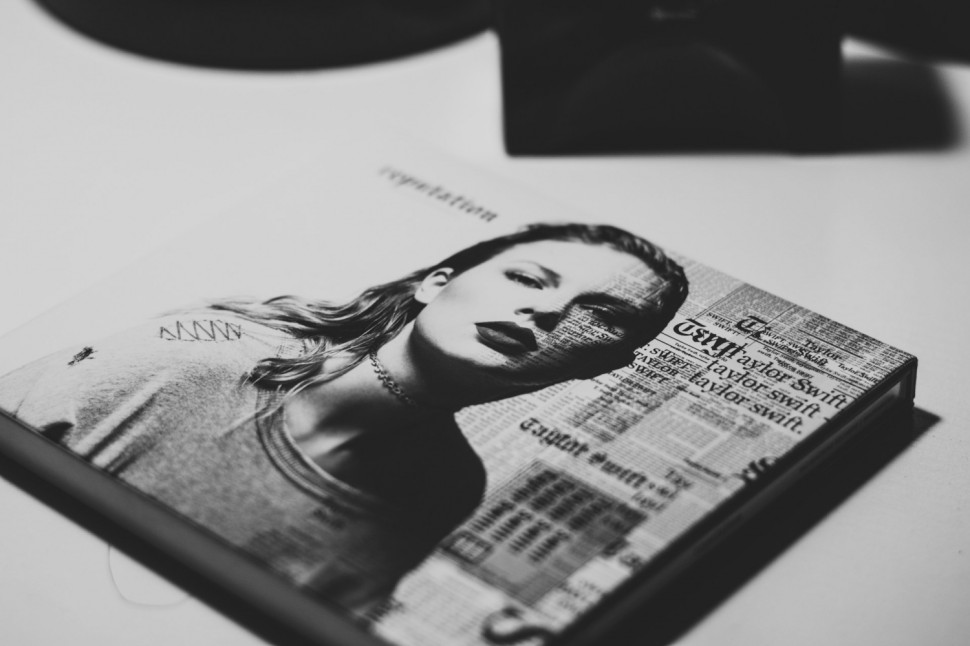Taylor Swift's Eras Tour has become a battleground in a much larger war over the future of live event ticketing. Fans' struggles to secure tickets spotlight broader concerns about Ticketmaster's market dominance. This saga sheds light on the urgent calls for reform in how tickets to the most significant shows are sold.

Ticketmaster Lawsuit Sparks Industry Alarm
A major antitrust lawsuit filed by the U.S. Department of Justice against Live Nation, the parent company of Ticketmaster, has rocked the concert industry. For years, these companies have controlled about 80% of the tickets for large concert venues. Their practices are under scrutiny. U.S. Attorney General Merrick Garland made headlines last month by calling for a breakup of this monopoly.
The lawsuit's implications could be far-reaching, not just for Ticketmaster but also for concertgoers' wallets. Lawyer Jeffrey B. Simon, amid the unfolding legal drama, cautioned that the fight against monopolistic practices is crucial for maintaining a competitive market.
Swifties Face Ticket Turmoil
Eager to see her live, Taylor Swift fans faced a harsh reality. Ticketmaster's website struggled with the demand, leading to canceled general sales and a public outcry. Swift herself expressed frustration over the ordeal, emphasizing the pain her fans felt in their quest for tickets. With prices ranging from $49 to $449 and sky-high fees on resale tickets, the battle for accessibility to live music has never seemed so acute.
A Call for Market Fairness
The current situation underscores a long-standing issue: concert ticketing's lack of transparency and fairness. Simon suggests the lawsuit could change the future of ticket buying. A more competitive resale market could emerge if the Department of Justice proves Ticketmaster's monopolistic misconduct. This shift is vital to curb the soaring costs preventing many fans from attending live events.
ALSO READ: Letitia James, Republicans Team Up Against Ticketmaster of Monopoly in DOJ Lawsuit
Ticket Buying Stress Examined
Beyond pricing, the lawsuit illuminates another significant concern: the anxiety surrounding ticket purchases. Countdown timers and virtual queues often create a stressful and frustrating experience for fans. Simon advocates for a more transparent, fairer queuing system. This
system would provide estimated wait times and a transparent view of a buyer's queue position. He also calls for reassessing pre-sales that limit public ticket availability, suggesting a more balanced approach could benefit all.
Live Nation Fights Back
Despite these challenges, Live Nation stands its ground. The company contests the lawsuit's claims, terming them "baseless." Dan Wall, Executive Vice President of Live Nation, points to factors like rising production costs and artist demand as the real drivers of ticket price increases. He argues that competition in the ticketing market has intensified since the merger, a claim contrary to the Department of Justice's allegations.
As this legal battle unfolds, the outcomes remain uncertain. Yet, one thing is clear: the controversy surrounding Taylor Swift's Eras tour has become a pivotal moment in the fight against monopolistic practices in the live events market. Fans, artists, and regulators await changes promising a fairer, more accessible concertgoing future.
RELATED TOPIC: Nicki Minaj Confronts Legal Hurdle, Briefly Arrested and Fined in Amsterdam Airport for Luggage 'Soft Drug' Allegations




